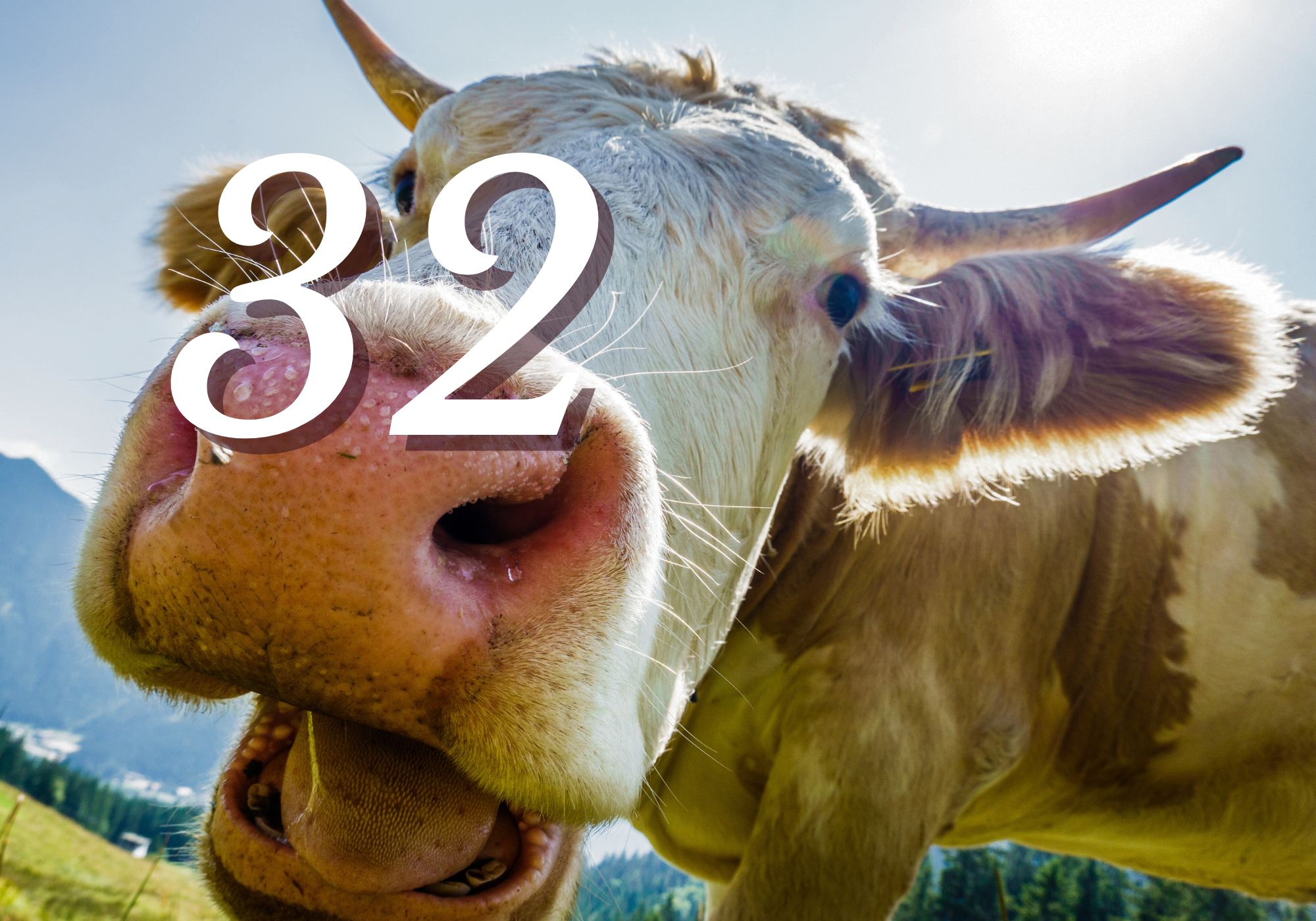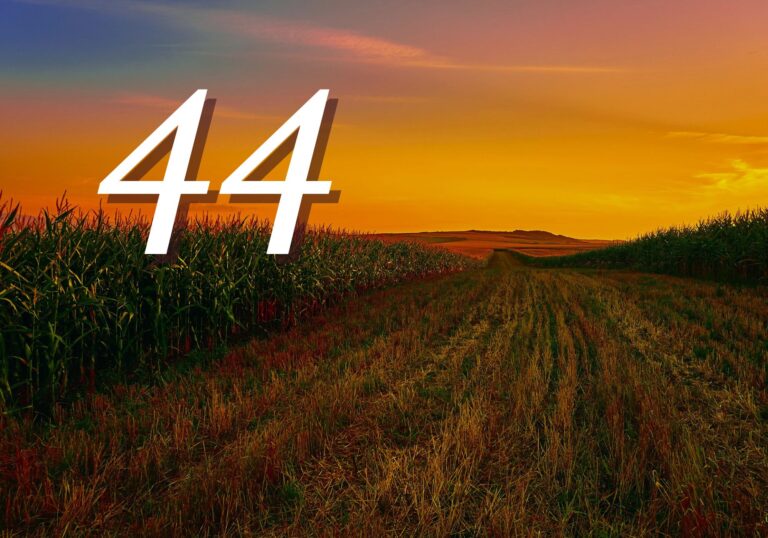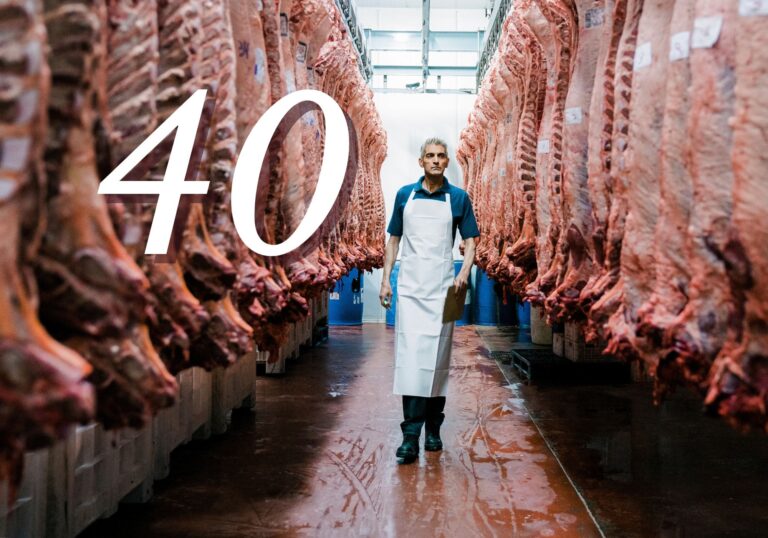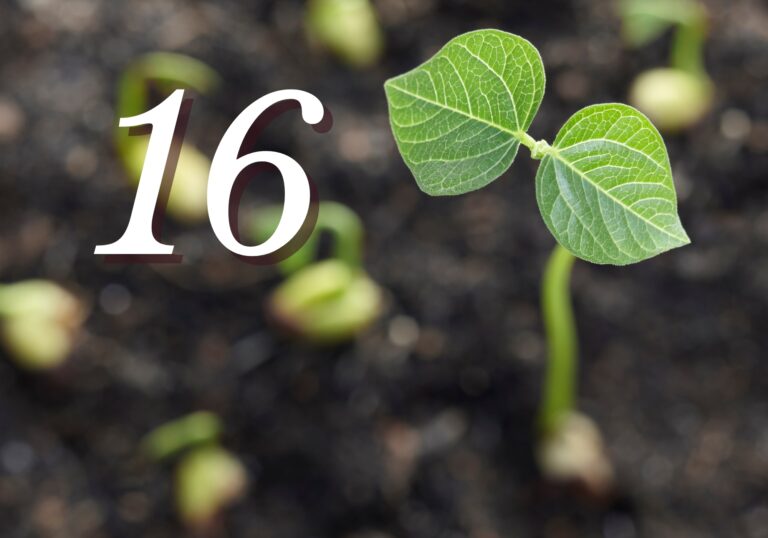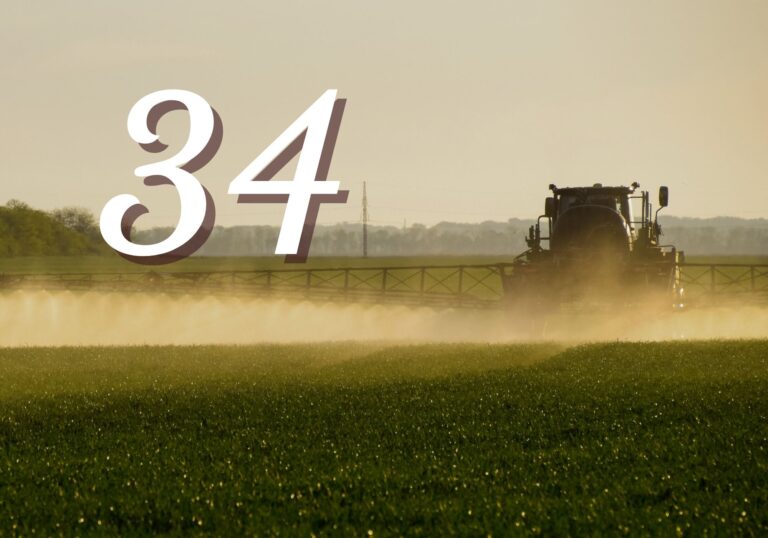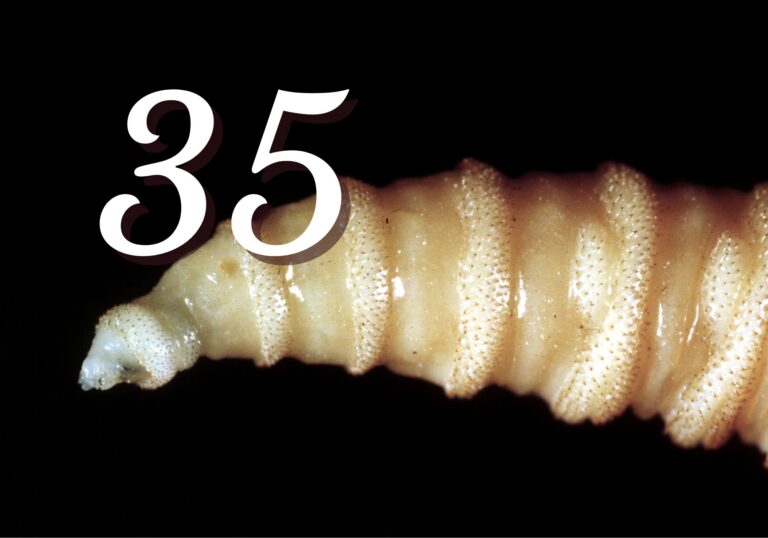Methane
Methane, the main component of natural gas and cow belches, is a potent greenhouse gas. Because of this, it has been demonized as a cause of global warming and used as an excuse to get rid of cows and other livestock. It is also released from fracking and from pipeline fractures, wetland decomposition and landfills, and of course the use of fossil fuels, but no one has suggested getting rid of these with the aggressiveness shown toward livestock.
It is claimed by the WHO, the Global Methane Hub and some other organizations that agriculture is the source of 40% of methane emissions.

The USDA is less concerned about methane, because it notes that agriculture is only responsible for 10% of greenhouse gas emissions in the US, not more than 30% worldwide, as claimed by the WHO.
Nonetheless, many international organizations have come together to initiate drastic reductions in methane release, and 160 countries have signed on to their program.

The head of the World Health Organization (WHO) has said a shift towards more plant-based diets is “essential” for the health of people and planet. Dr Tedros Adhanom Ghebreyesus, WHO’s Director-General, made the comments in a video during COP28, the UN Climate Summit that took place in Dubai in December 2023.
He noted that food production is responsible for “almost one third of the global burden of disease” and 30 percent of global greenhouse gas emissions. The majority of these emissions are from animal agriculture. “Transforming food systems is therefore essential, by shifting towards healthier, diversified, and more plant-based diets.”

Strange things are happening. In Canada, cows are now being bred not to improve their physical characteristics or milk production, but to belch less methane.

In Denmark, the government has put a tax on the methane emissions of all livestock.

In the Netherlands, the government has complained about both the methane emissions and the nitrogen in manure. It has told farmers to sell out or have their farms expropriated. And farmers that sell off their farms and livestock will not be allowed to farm anywhere else in the EU.

The Dutch government has unveiled a €25bn (£21bn) plan to radically reduce the number of livestock in the country as it struggles to contain an overload of animal manure.
A deal to buy out farmers to try to reduce levels of nitrogen pollution in the country had been mooted for some time, and was finally confirmed after the agreement of a new coalition government in the Netherlands earlier this week.
But the plan, the first of its kind in the world, faces a huge backlash from farmers who have staged big street protests in recent years over the prospect of tough regulation and farmer buyouts. They fear permanent damage to food production in the country if too many farmers are forced to quit….
In Ireland, the government announced that 200,000 cows would have to be culled over the next 3 years. And after that? When would the culling stop?

So far, the United States has avoided these unpopular and draconian measures. But for how long? Farmers don’t know what the government will tell them to do with their cattle next. Nor is there proof that cow burps are contributing to climate change.
